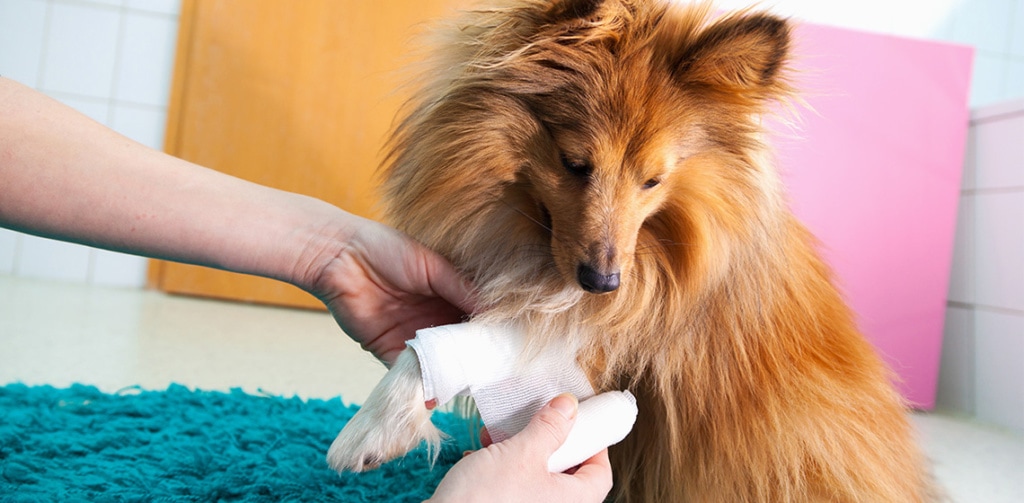Your pets are your life. They are your problems, and you would do your best to provide them with the required aid. As pet owners, seeing our furry companions in pain or discomfort is distressing. Pet injuries can happen anytime, whether it’s a sudden limp after a walk or your pet seems reluctant to use one of its legs. But how can you understand that something is wrong and requires attention from an urgent care vet in Belmont, NC?
In this article, we’ll explore common causes of limping and injuries in pets, signs to watch for, and how urgent care can improve their situation. By understanding the symptoms and knowing when to act, you can ensure that they receive the care they need as soon as possible. So, without further ado, let’s get started.
Common Causes of Limping in Pets
Limping is extremely common in pets. Below, you will learn about some common causes that can lead to limping.
Trauma and Injury
One of the primary reasons pets limp is that they suffer or have suffered from a physical injury. They can hurt themselves while playing, jumping, falling from a height, or banging into something hard.
Joint pain or Arthritis
Large and small breeds of dogs suffer from arthritis, which is pretty common in older dogs. Activities like jumping or running can cause wear and tear in the joints, which can lead to limping.
Soft Tissue Injuries, Sprains and Strains
Pets are always excited, and during a moment, they can easily strain or sprain their legs, which may lead to soft tissue injuries that can cause pain and limp. It’s best that you take them straight to UrgentVet or any other trusted pet clinic to avoid further injury.
Infection or Inflammation
Pets walk barefoot and often catch infections in the paw pads, nails, or joints, which can lead to limping. Check with the vet and provide proper medical aid.
Thorns or Foreign objects
Pets who love outdoor activities frequently suffer from issues where a foreign object, thorns, or even a small stone can prick their paws, resulting in limping.
How to Differentiate in a Minor & Major Injury?
You must identify and differentiate between a minor and a major injury. Some injuries can be easily treated at home, while others require an expert hand. Here are a few things that you can do.
Observe symptoms
A pet will start limping as the first response to any injury or joint problem. But you must observe physical symptoms such as significant swelling, bleeding, lack of movement or unusual posture.
Behavior Changes
If you observe changes in behavior in your pet, this can indicate discomfort or pain. You should carefully look for changes like your pet whining, growling or seeming grumpy. Your pet can also lose its appetite and become lethargic, showing that it is uncomfortable.
When Should You Seek Urgent Care?
Not all injuries are severe and you can treat some at home. But you should know how to deal with them at home. As mentioned above, you should first look for signs and changes in behavior. Also, don’t forget to give importance to the cause of injury. If the problem is small, like a thorn pricking your pet paw, you can easily remove the thorn at home, clean the area with an animal-friendly antiseptic, and apply a medicated gel to recover the wound. However, suppose the issue is related to any joint or tissue injury that makes your pet growl in pain and restricts their movement. In that case, you must rush them to an emergency vet care clinic to provide them immediate care and comfort.
Fractures, dislocation and inability to walk cannot be taken lightly, as this may have a long-term effect on your pet’s health. Also, if your pet has been severely injured and you observe any signs of redness, swelling, infection, or excessive bleeding, please do not try and treat it at home. Contact your vet to understand what immediate action is required to manage the injury while you hear from the vet clinic.
After all that you’ve read in this article, you possibly know all the causes, symptoms and reasons that can lead to liming in pets. As a pet parent, all you can do to avoid situations like limping is to be cautious about where your pet is playing and what they are doing. Older pets can naturally develop joint pain, so you must give them the necessary supplements to promote good joint health. Always ask your vet before starting any medication or treatment at home to avoid further discomfort and injury.

